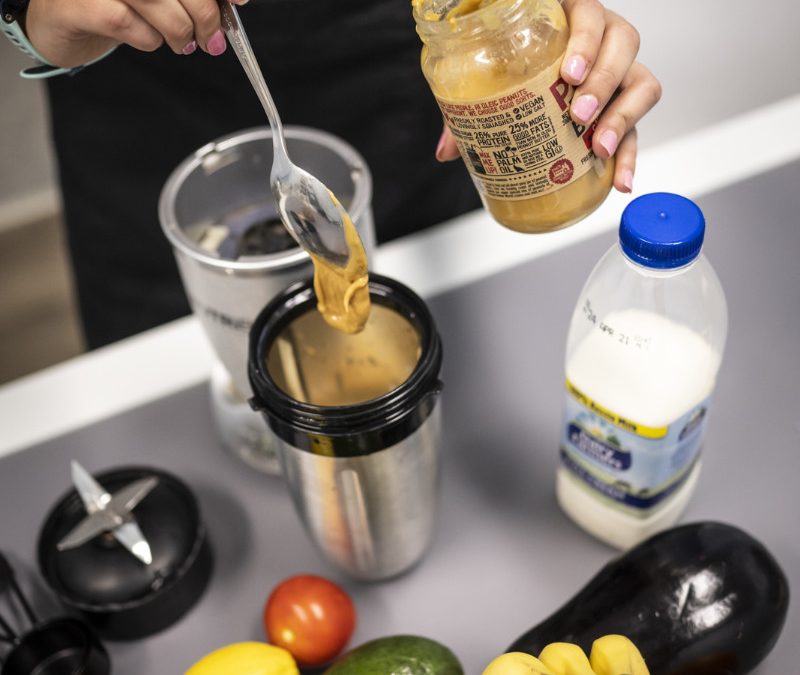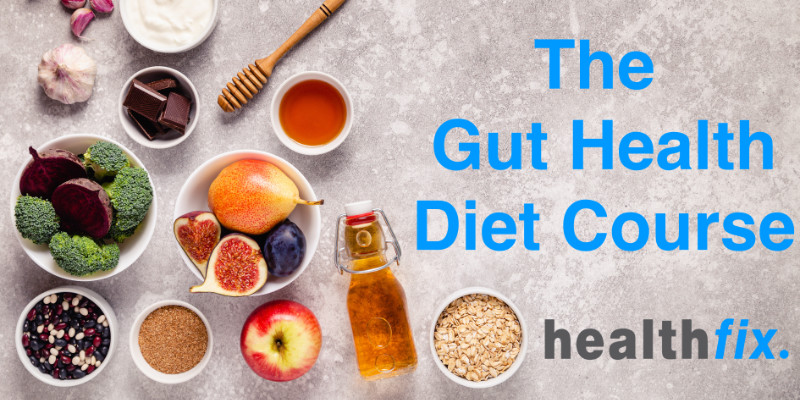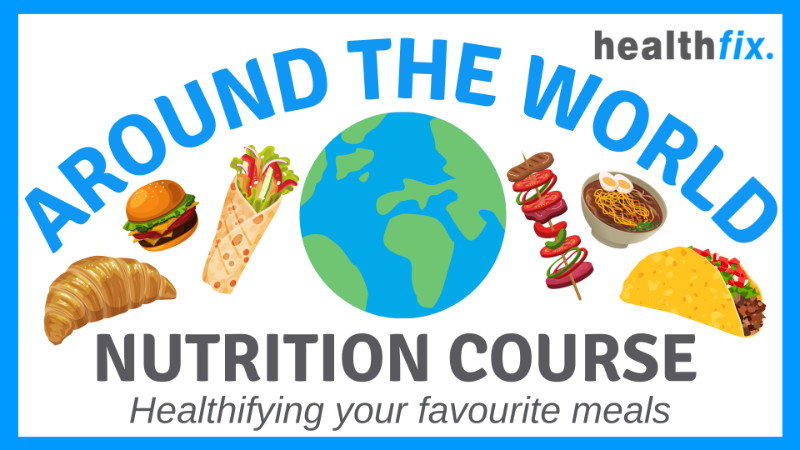by Ash Cooney | Diet & Nutrition
Can supplements help you to achieve more in your sports performance? We finish our three part series with a look at the role of supplements and how they can support your personal best sports performance, thanks to advice from Jordan Morrison Senior Dietitian and...

by Ash Cooney | Diet & Nutrition
More Sports Nutrition advice on how to recover from your sport or training performance Part 2 Post – Exercise Nutrition Today we look at how best to refuel your body for recovery after your sports or training event with advice from Jordan Morrison, Senior...
by Ash Cooney | Diet & Nutrition
Part 1 Pre- Exercise Nutrition We get loads of questions from our clients about how to prepare their body for a sports or training event. Today we share some advice from our Senior Dietitian and Nutritionist Jordan Morrison on fuelling your body to achieve for your...

by Ash Cooney | Diet & Nutrition, Latest News, Promotions
Gut health has become an increasingly popular topic of interest in the health community – and for good reason! Your gut health is more than just how regularly you go to the bathroom… Your gut microbiome has a fascinating role in optimising the health of the...

by Ash Cooney | Diet & Nutrition, Latest News
Healthfix would like to invite our community on a tour around the world (from home of course) with food! Our dietitians, Mel & Jordan, have put together a brand new nutrition course focusing on ‘healthifying’ your favourite meals. We believe that food...

by admin | Diet & Nutrition, General Practitioners, Healthfix Team
Welcome to part 1 of our Weight Loss Does Not Equal Calories In Versus Calories out series where we look to debunk the long held belief that weight loss has always just been about calories in matching calories outs. When we look at low fat, low sugar, low carb diets...




